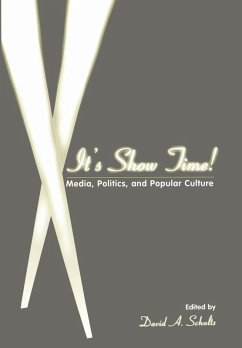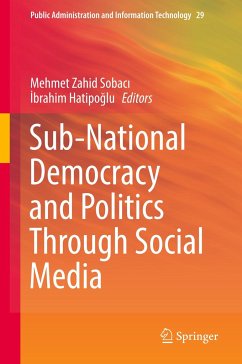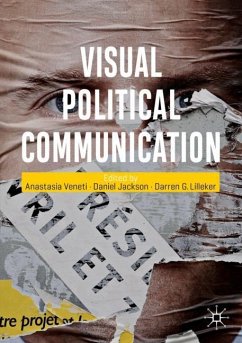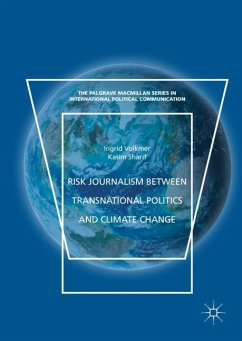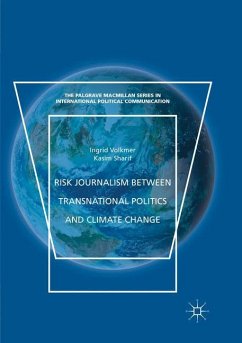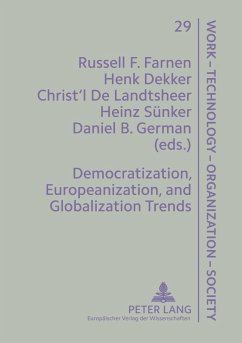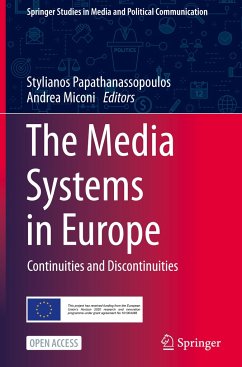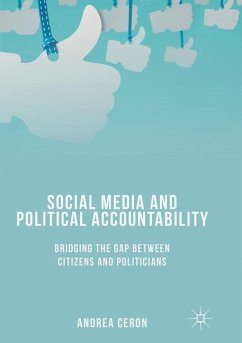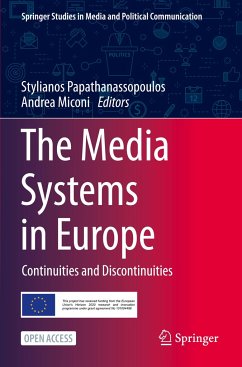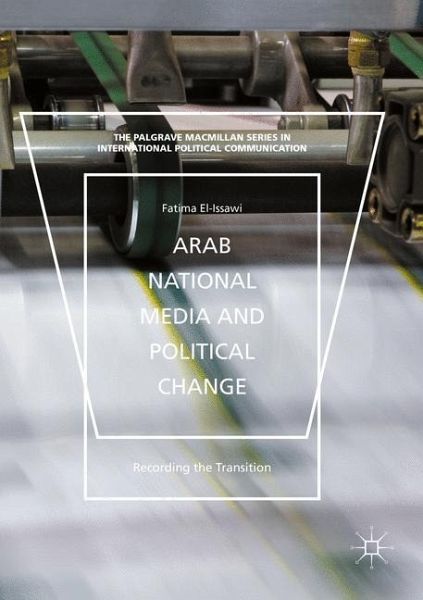
Arab National Media and Political Change
"Recording the Transition"
Versandkostenfrei!
Versandfertig in 6-10 Tagen
38,99 €
inkl. MwSt.
Weitere Ausgaben:

PAYBACK Punkte
19 °P sammeln!
This book examines the evolution of national Arab media and its interplay with political change, particularly in emerging democracies in the context of the Arab uprisings. Investigated from a journalistic perspective, this research addresses the role played by traditional national media in consolidating emerging democracies or in exacerbating their fragility within new political contexts. Also analyzed are the ways journalists report about politics and transformations of these media industries, drawing on the international experiences of media in transitional societies. This study builds on a ...
This book examines the evolution of national Arab media and its interplay with political change, particularly in emerging democracies in the context of the Arab uprisings. Investigated from a journalistic perspective, this research addresses the role played by traditional national media in consolidating emerging democracies or in exacerbating their fragility within new political contexts. Also analyzed are the ways journalists report about politics and transformations of these media industries, drawing on the international experiences of media in transitional societies. This study builds on a field investigation led by the author and conducted within the project "Arab Revolutions: Media Revolutions," covering Libya, Tunisia, and Egypt.





